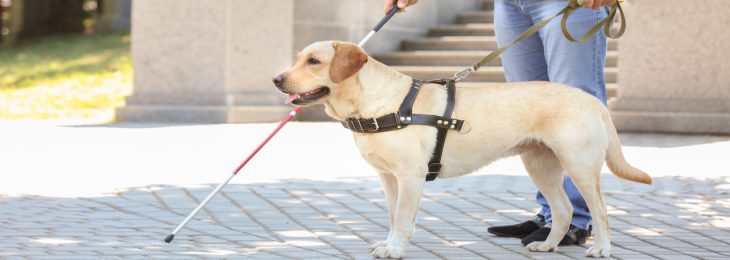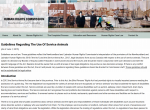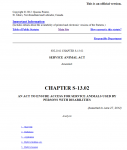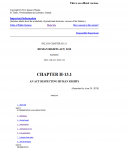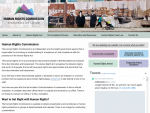Pets
It is up to a landlord to decide if they will permit pets in their rental units. If a landlord sets a “no pets” policy, then a tenant would not be permitted to have pets in the rental unit.
Unless a landlord makes it clear that there is a “no pets” policy it is assumed that pets are allowed. Any rules or policies on pets should be mentioned in a written Rental Agreement, if there is one.
During a fixed-term Rental Agreement, such as a year lease, a landlord would not be permitted to impose a new “no pets” policy, since the terms and conditions of the rental cannot be changed during the period covered by a fixed-term Rental Agreement. The landlord would need to wait until the Rental Agreement expires before the rules could be changed.
In a month to month tenancy the landlord can change the rules and implement a “no pet” policy by giving the tenant three months written notice of the changes. When providing written notice of rule changes, it should be made clear to the tenant that their continued rental of the unit is conditional on acceptance of the new rules. If the tenants do not agree to the new rules the Rental Agreement would be terminated. More information on this subject can be found in our Help Topic on Termination Notices.
Service Animals
A Service Animal is NOT a pet. A Service Animal is an animal that is trained to help a person with a disability.
The Human Rights Act protects individuals with disabilities from being discriminated against as a result of their disability with regards to access to public goods and services, accommodation and facilities. The Human Rights Act requires that their disability be accommodated by the provider of the goods, service, accommodation, or facilities up to the point of undue hardship. Because of this requirement to accommodate a “no pet” policy would NOT apply to a Service Animal.
The Newfoundland & Labrador Human Rights Commission has put together Guidelines Regarding The Use Of Service Animals to help people better understand their rights and obligations under the Human Rights Act and the Service Animal Act. We highly recommend that landlords and tenants read over these guidelines by clicking the link below.
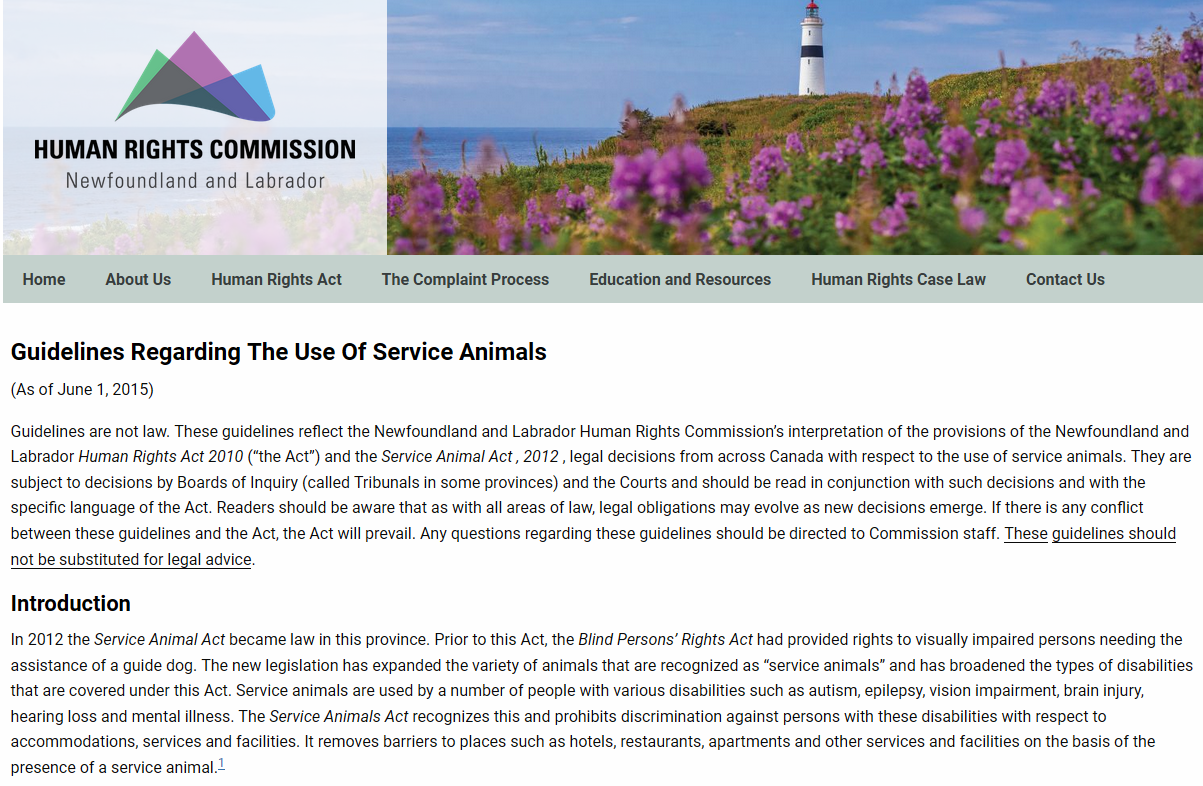
For more information about Human Rights in general please see our Help Topic about Human Rights.

